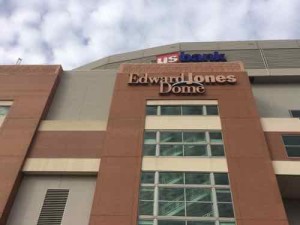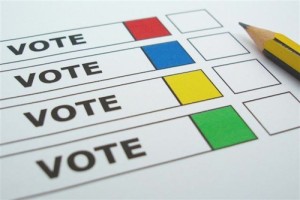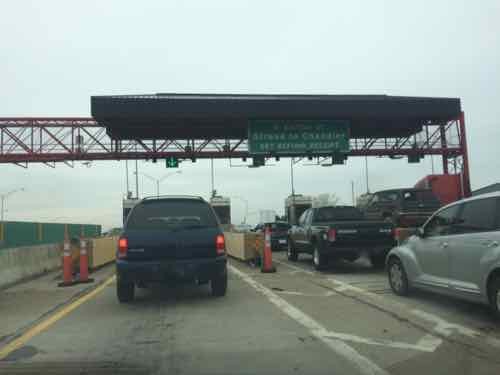In order to pay for collective services governments must tax citizens to get the money. Of course, we don’t all directly use all the services. For example, I don’t have kids yet I’ve helped fund schools. I don’t directly use this service, but I value what it does for the community I live in. So we all live here and we pool our money to buy shared services. If we were to take away a big chunk of that pooled money, by eliminating the 1% earnings tax, then we’d need to reduce services or tax ourselves some other way — or a combination of both.
The wealthiest among us seek to do locally what they’ve done nationally — reduce their tax burden. This shifts the burden to the rest of us — the lower we are on the economic scale the more we get squeezed.
Say you’re a partner in a downtown law firm who lives in West St. Louis County, with a base salary of $250,000/yr — this means you pay $2,500 to the City of St. Louis. But, if the earnings tax was replaced by higher sales and/or property taxes you’d still save money every year. You’d threaten to move the firm to Clayton unless it received huge concessions — offsetting the increased property taxes. Business lunches would cost a bit more with higher sales taxes but you could always scale back tips — besides that’s all deductible businesses expenses. Personal purchases are made in the county or online. This individual now saves lots of money but begins to complain about potholes on the way into his office, smug in his decision to live outside the city.
I’m all for evaluating our revenue and expenses — doing so it wise — but we must be realistic about new revenues replacing old ones. Look at Kansas as an example:
In short, it’s easy to determine that by far the biggest single contributing factor to Kansas’ fiscal problems today are the income tax cuts — not bogeyman excuses cooked up by Brownback or any of his boosters. (No kidding: Facts show Brownback’s tax cuts caused Kansas’ revenue plunge)
Fantasy: cut the tax rate expecting the economy to boom as a result so total revenue would remain the same. Reality: cut tax rates make the wealthy even richer, economy stalls because less money is being circulated. Services are cut, further dampening the economy. Education & infrastructure funding are cut, making the state less and less attractive except to anti-tax types.
The results from the Sunday Poll:
Q: St. Louis’ 1% earnings tax… (PICK UP TO TWO)
- revenue is too critical to eliminate 18 [34.62%]
- should be left unchanged 11 [21.15%]
- should be matched by an earnings tax in surrounding counties 8 [15.38%]
- should be replaced by another tax 7 [13.46%]
- should be reduced incrementally over the next 10-25 years 4 [7.69%]
- should be eliminated at once 3 [5.77%]
- should be increased 1 [1.92%]
- should be reduced, but not eliminated 0 [0%]
- unsure/no opinion 0 [0%]
Of course, one municipality in a highly-balkanized region is different than a state. Still, the idea of slashing taxes to create a wave a new revenue from newfound influx of people and jobs is unfounded — especially with obligatory cuts in services.
Instead of eliminating St. Louis’ earnings tax we need to add an earnings tax to other counties in the region — though perhaps not 1%. This would even up the playing field — reducing moves from one political jurisdiction to another. Use the revenue to make the entire region attractive to outsiders so we get real growth.
— Steve Patterson


